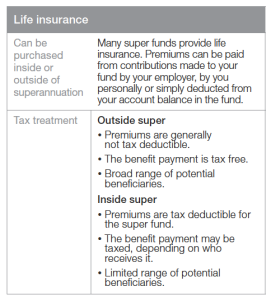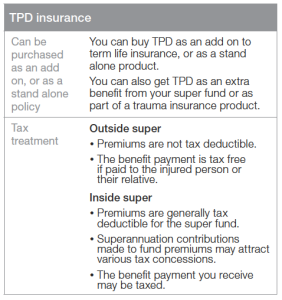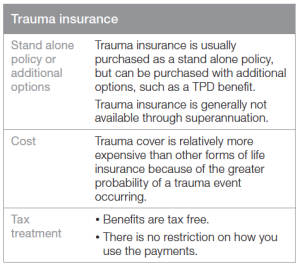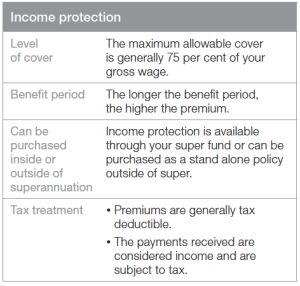We make sure you're prepared
for any situation.
Insurance: Protecting your wealth

What is insurance?
Insurance is a form of protection – a way to protect yourself, your family and the things you own if something goes wrong. It enables you to replace or repair your assets, whether those assets are your belongings or your capacity to earn income.
Everybody’s circumstances are different, but insurance is important for everybody. Your need for insurance will change as you move through the different stages of your life.
There are many different types of insurance, and we can help you find the right level of protection for your needs.
What types of insurance are there?
There are many types of insurance. Car or home/contents insurance allows you to insure your belongings. Personal insurance policies enable you to insure yourself and your ongoing wellbeing.
Personal insurance provides protection against sickness, injury and death, and includes:
- Life insurance
- Total and Permanent Disability (TPD) insurance
- Trauma insurance, and
- Income protection.
While insurance doesn’t remove the risk of something going wrong, it provides you and your family with protection and financial security if something does happen.
The amount of insurance you need is affected by:
- how much you earn
- your cost of living
- your assets
- your liabilities
- your relationship status (whether you are married, in a de facto relationship or single), and
- how many dependants you have.
Life insurance
Life insurance protects your family by paying a lump sum if you die. Most people think that life insurance is only for the main income earner, but the person who takes care of the family is also a large contributor to the home and can be insured.

Total and Permanent Disability insurance
TPD cover provides a lump sum payment if you suffer a disability before retirement and can’t work again, or can’t work in your usual occupation or chosen field of employment.

Trauma insurance
Trauma (or critical illness) insurance provides a cash lump sum if you suffer a specified illness or injury. Advances in medical treatment have increased the need for trauma insurance. The improved chance of survival means that although you are more likely to survive, you are also more likely to have substantial medical bills to pay.

Income protection
Income protection insurance (also known as salary continuance or income replacement) provides a monthly payment to replace lost income if you are unable to work due to injury or sickness.

Insurance as part of your superannuation
Life, TPD and income protection insurances are all offered within superannuation. If your insurance is held within superannuation, the cost of the premiums is withdrawn from your superannuation balance.
It is important to work out the best way to structure your insurance, whether inside or outside superannuation, or a combination of the two.
Benefits to having insurance in your superannuation may include:
- automatic acceptance – there’s generally no need to complete medical checks
- cheaper cover – from the bulk discount typically available to superannuation funds, and
- tax deductibility – some contributions to superannuation attract a tax deduction, so you may be able to pay your premiums by making tax deductible super contributions.
Disadvantages of having insurance in your superannuation include:
- limitations on the types of cover available
- potential delays in the payment of benefits in the event of death, and
- high tax rates – superannuation death benefits paid to a non-dependant may be taxed at up to 32 per cent.
Keep your insurance up to date
Insurance is not static, and your need for cover will change as you move through different stages in your life. As part of the financial advice process, we regularly review your insurances to make sure that you are adequately protected if your circumstances change.